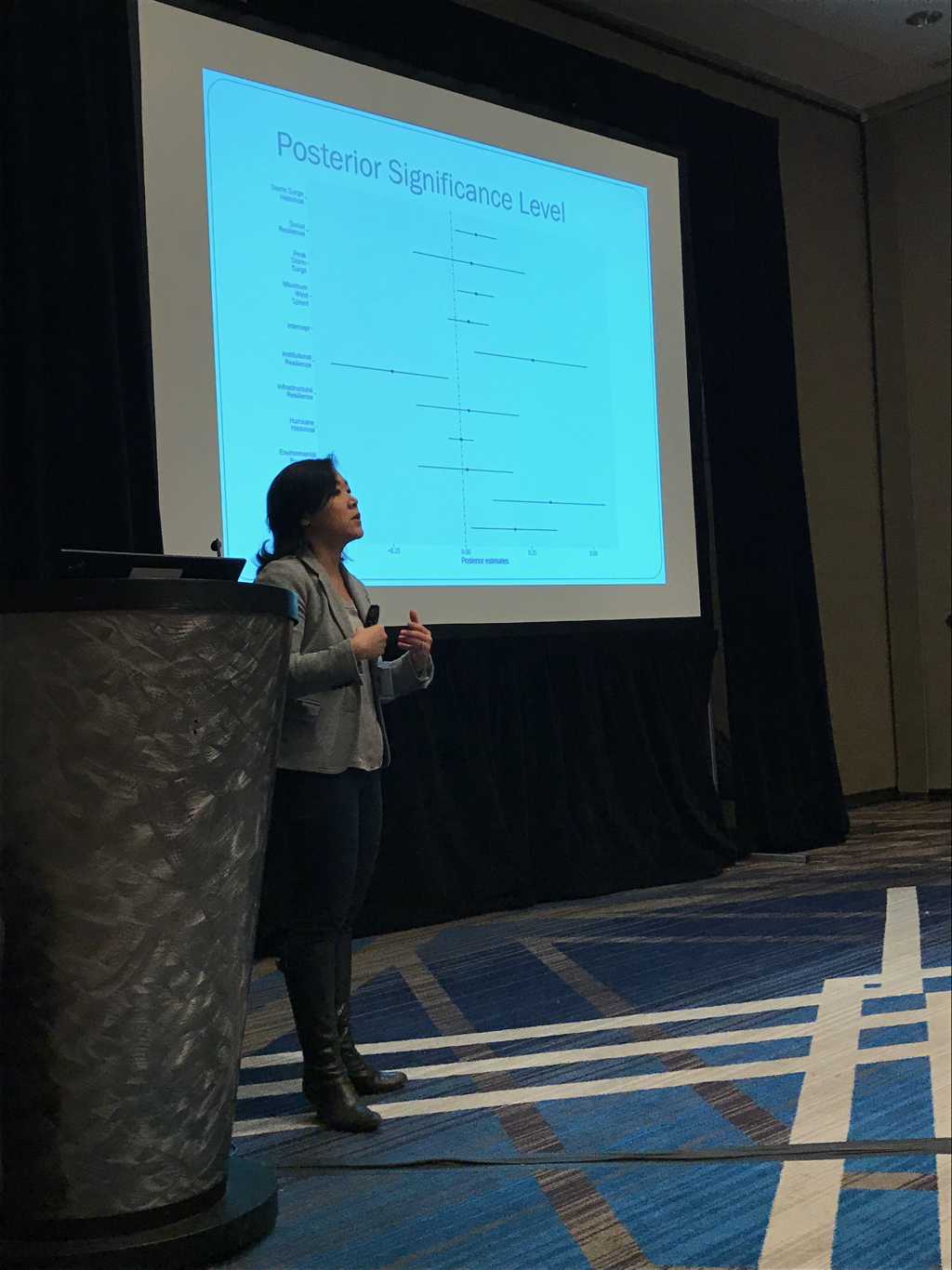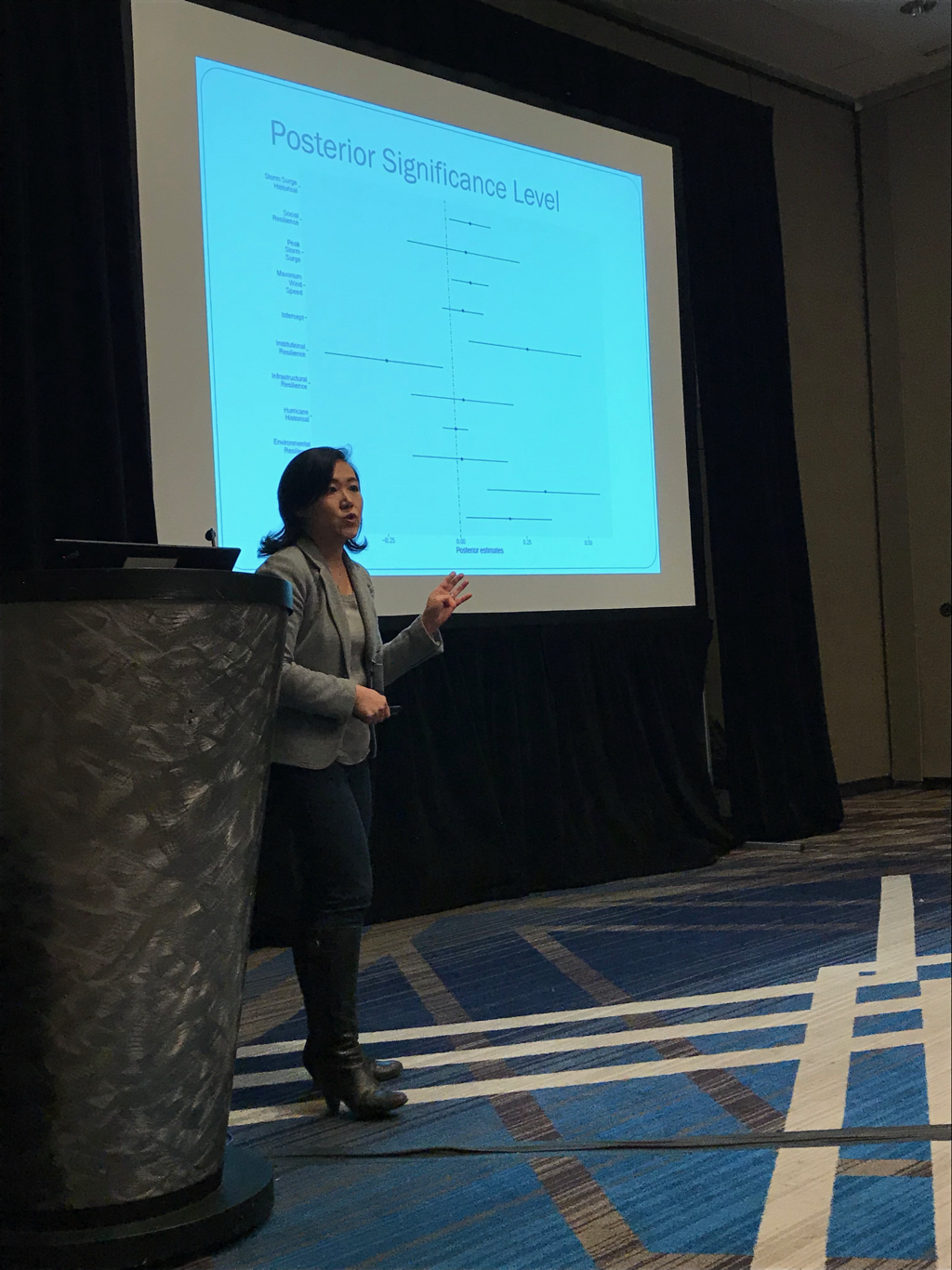|
It has long been speculated that the regional climate plays a role in shaping personalities. Recently, a group of researchers mainly from China and the U.S. have used large-scale data, multilevel analyses and machine learning analyses to test this hypothesis. Nature Human Behavior just published their study linking regional temperature with human personality. The authors have made some interesting but intuitive findings. Personalities related to socialization and stability such as agreeableness, conscientiousness, and emotional stability, and personal growth and plasticity such as extraversion and openness to experience are often associated with more clement temperature along with which individuals grew up. They further suggested that climate change may bring concomitant changes in human personality.
Once again, this finding resonates with the notion that we are products of our surrounding environment.
0 Comments
I presented our study on community resilience and county-level perceptions of hurricane risks along the US Gulf Coast at the 2017 Society for Risk Analysis annual conference in Arlington, VA.
In a study that has been accepted by the Annals of the American Association of Geographers, my coauthors and I have examined how community resilience along with objective hurricane risks impacts aggregate perceptions of hurricane risks. We first applied spatial techniques to transform individual-level perceptions to the aggregate level, in this case, counties. The map below displays the geographic pattern of hurricane risk perceptions among coastal counties along the U.S. Gulf Coast. Clearly, there is a concentration of heightened hurricane risk perceptions stretching from southeast Texas to west Florida. Given the recent enormous impact of Hurricane Harvey in southeast Texas and West Louisiana, it is likely that risk perception has further increased among coastal residents who have been affected by Harvey. Further, we found two aspects of community resilience measured by Cutter et al. (2014), namely economic resilience and community capital, are positively related to aggregate perceptions of hurricanes risks. This indicates that communities with more economic resources and social capital tend to perceive greater threat of hurricanes. The policy implication is that counties with less economic and social capitals need to direct efforts on educating the public about scientific assessments of hurricanes risks. Reference:
Cutter, S. L., Ash, K. D. and Emrich, C. T. 2014. The geographies of community disaster resilience. Global Environmental Change, 29, 65-77. Shao, W, Gardezi, M., and Xian, S. (forthcoming). Examining the effects of objective hurricane risks and community resilience on risk perceptions of hurricanes at the county level in the U.S. Gulf Coast: An innovative approach" Annals of the American Association of Geographers. |
|




 RSS Feed
RSS Feed